Shares in the Russian company AIDOL, developer of the humanoid robot AIDOL, likely took a hit on Wednesday after the robot's highly anticipated debut in Moscow ended in a spectacular failure. The robot, powered by artificial intelligence, face-planted on stage during a demonstration in front of about 50 journalists on Tuesday, raising questions about the reliability and stability of AI-powered robots.
According to eyewitnesses, the robot, which was designed to resemble a human, appeared to lose its balance after waving to the audience and keeled over moments later. Dmitry Filonov, editor in chief of Edinorog Media, who was in the audience and covers technology start-ups, described the scene as "a moment of silence, followed by applause to show support." Filonov noted that the robot's developers did not immediately respond to a request for comment on Wednesday.
The incident has sparked concerns about the safety and reliability of AI-powered robots, particularly those designed to interact with humans. "The incident highlights the challenges of developing robots that can safely and reliably interact with humans," said Dr. Maria Rodriguez, a robotics expert at the University of California, Berkeley. "While AI has made tremendous progress in recent years, there is still much work to be done to ensure that these robots can operate safely and efficiently in a variety of environments."
The AIDOL robot was touted as one of the first humanoid robots in Russia, and its debut was highly anticipated by the tech community. However, the incident has raised questions about the company's ability to deliver on its promises. "The incident is a setback for the company, but it is not a surprise," said Dr. John Smith, a robotics expert at MIT. "Developing robots that can safely and reliably interact with humans is a complex task that requires significant expertise and resources."
The incident has also sparked debate about the implications of AI-powered robots on society. "The incident highlights the need for greater transparency and accountability in the development and deployment of AI-powered robots," said Dr. Rodriguez. "We need to ensure that these robots are designed and developed with safety and reliability in mind, and that they are subject to rigorous testing and evaluation before they are deployed in public."
The current status of the AIDOL robot is unclear, and it is not known whether the company will continue to develop the robot or abandon the project altogether. However, the incident has sparked a wider conversation about the challenges and implications of AI-powered robots, and the need for greater transparency and accountability in their development and deployment.
In related news, the European Union has announced plans to establish a new regulatory framework for AI-powered robots, with a focus on safety and reliability. The framework is expected to be implemented in the coming months, and will provide a framework for the development and deployment of AI-powered robots in the EU.


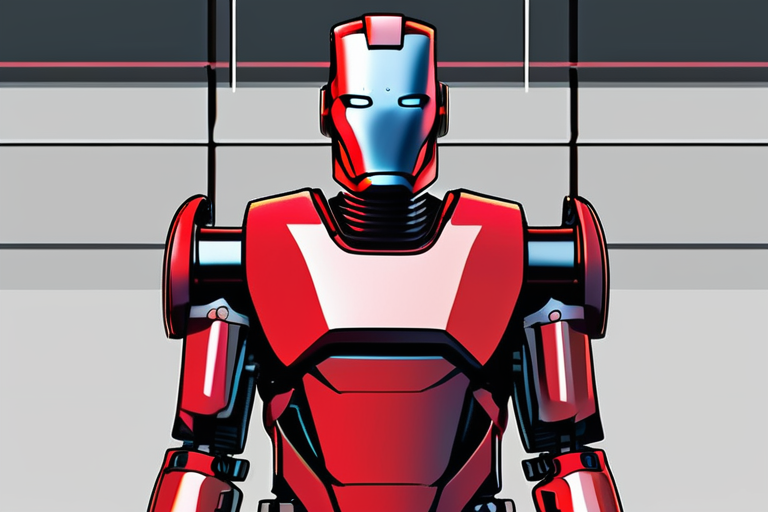
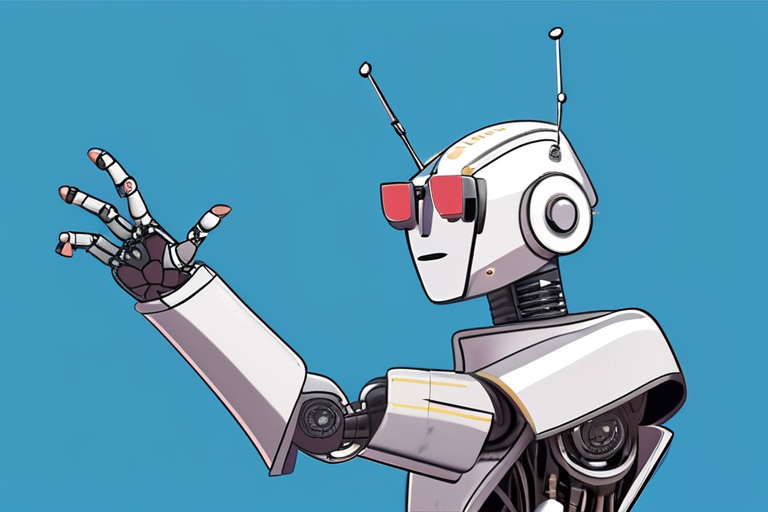
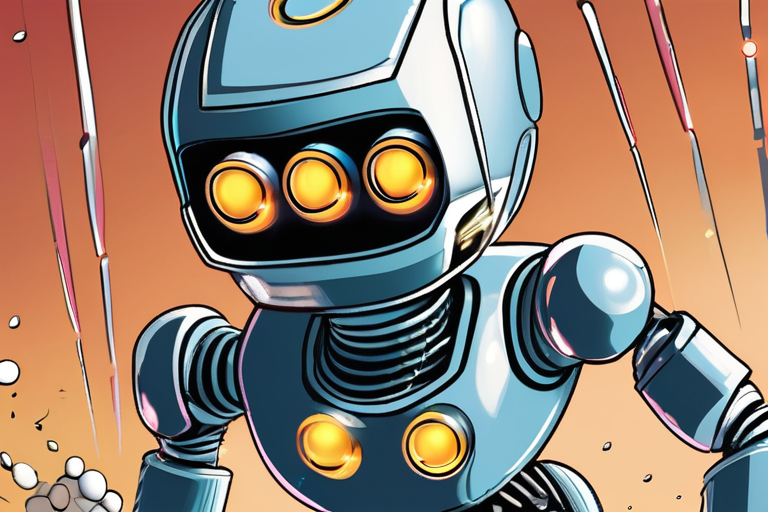

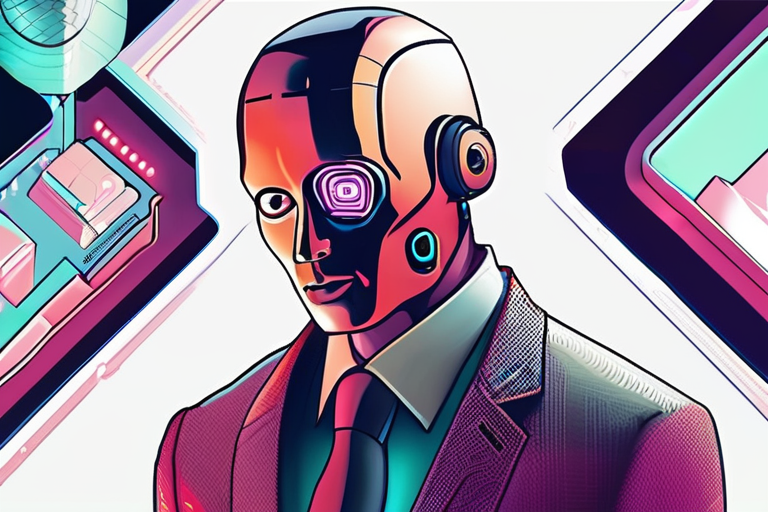
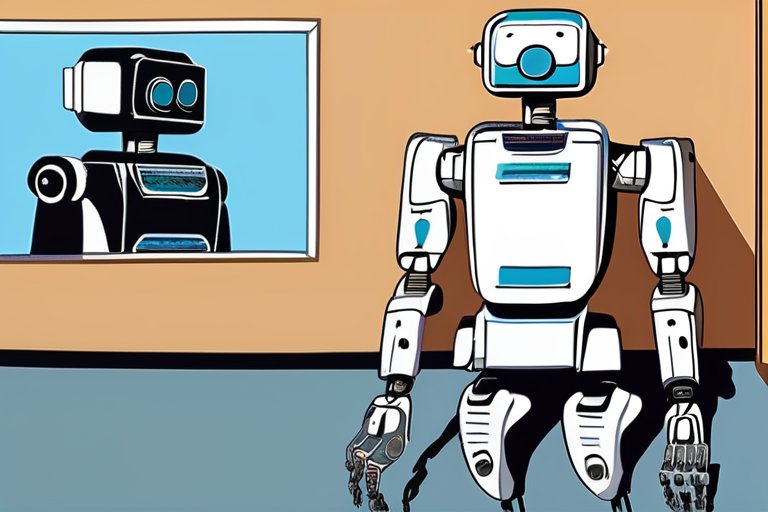
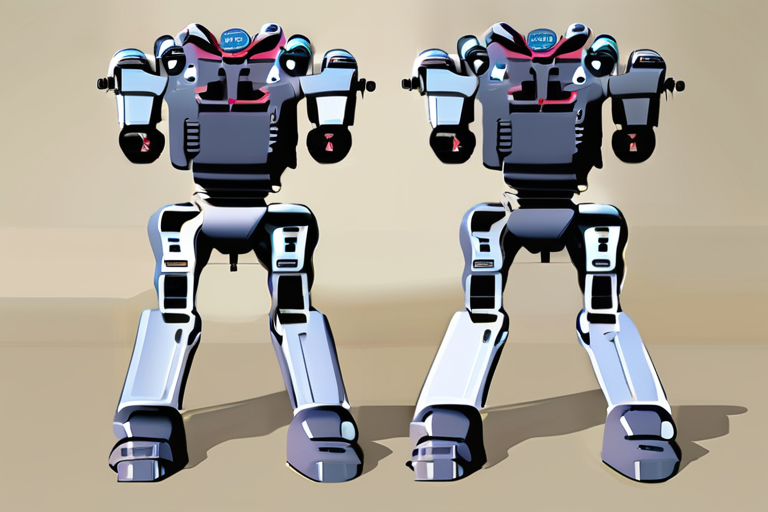
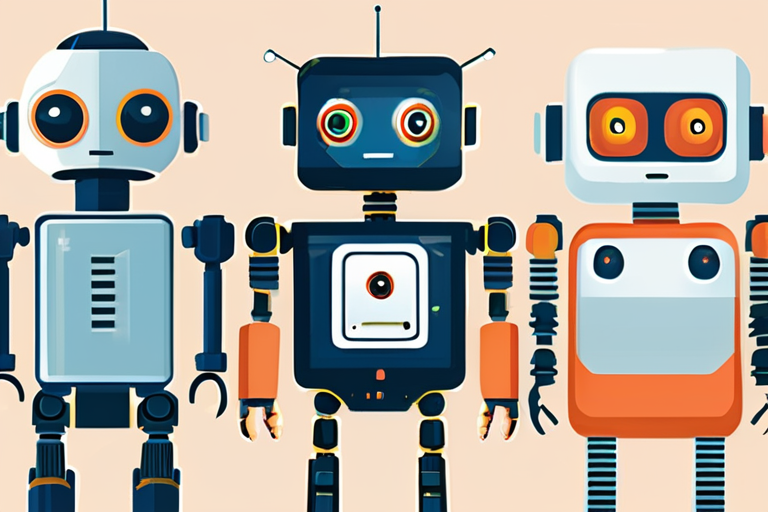
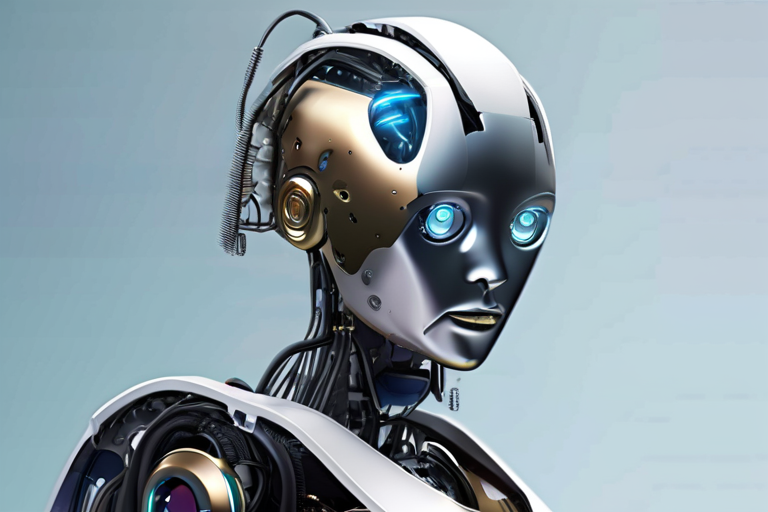
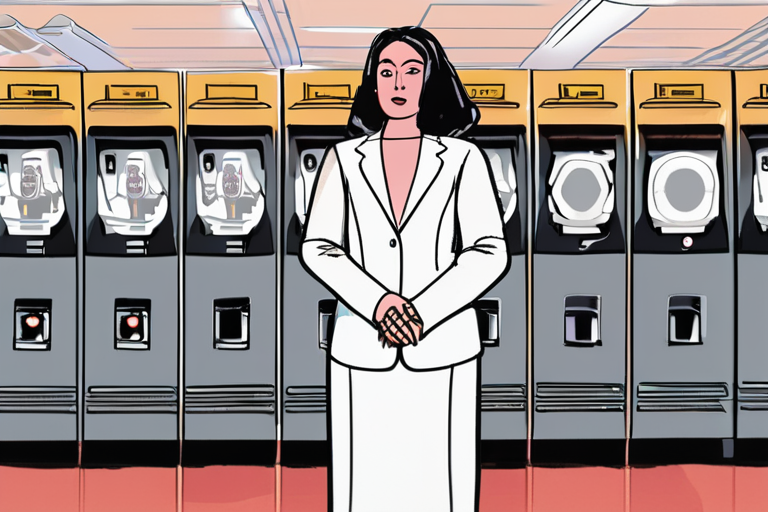
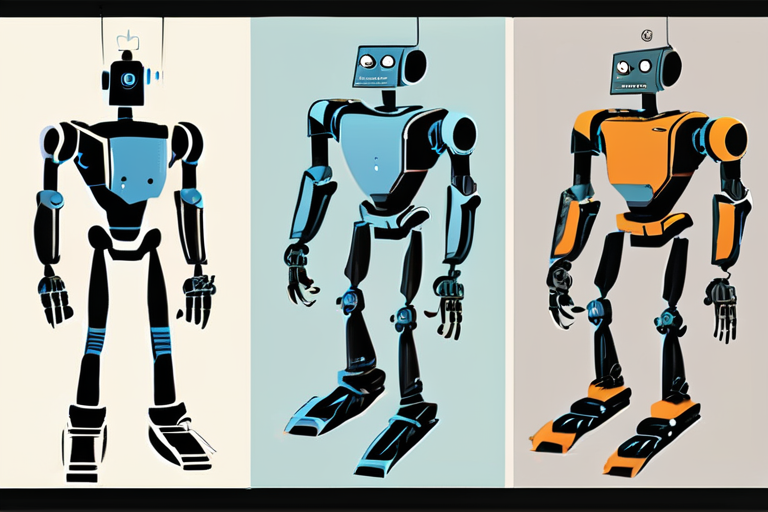
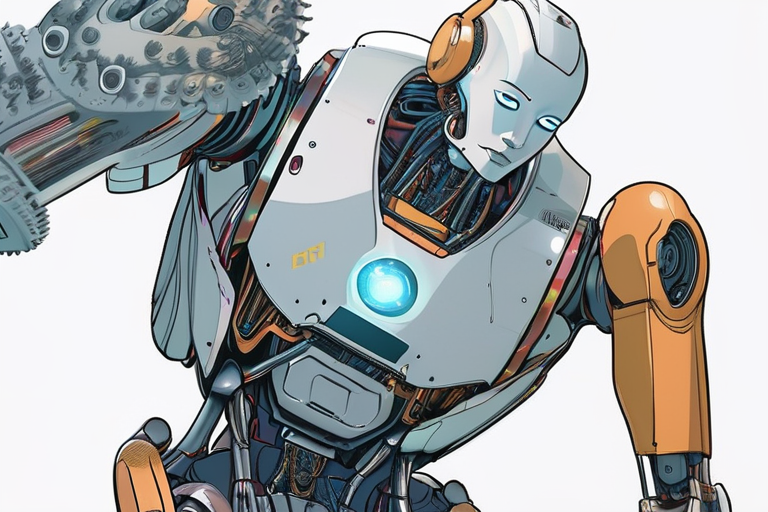

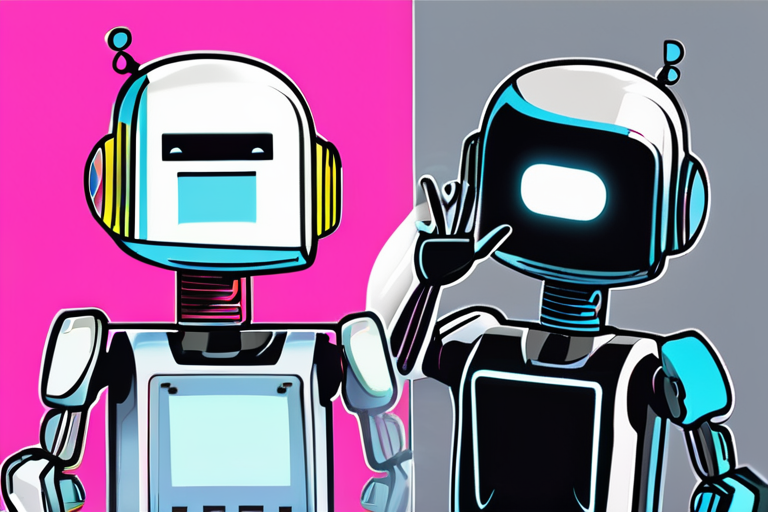
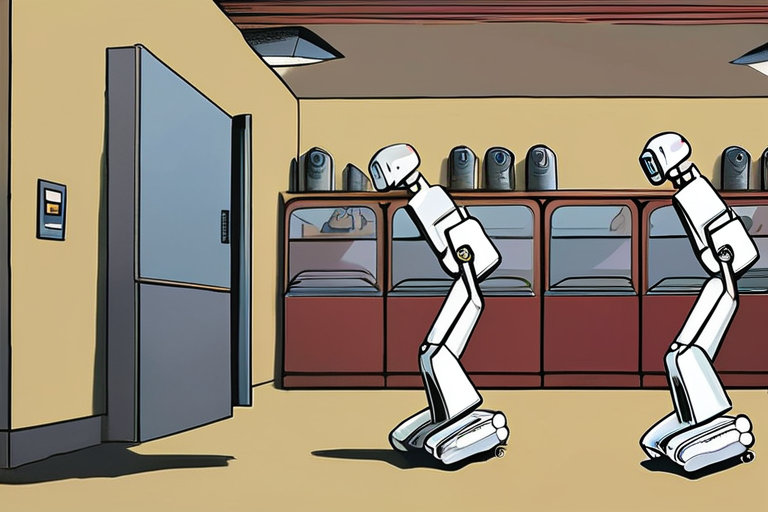
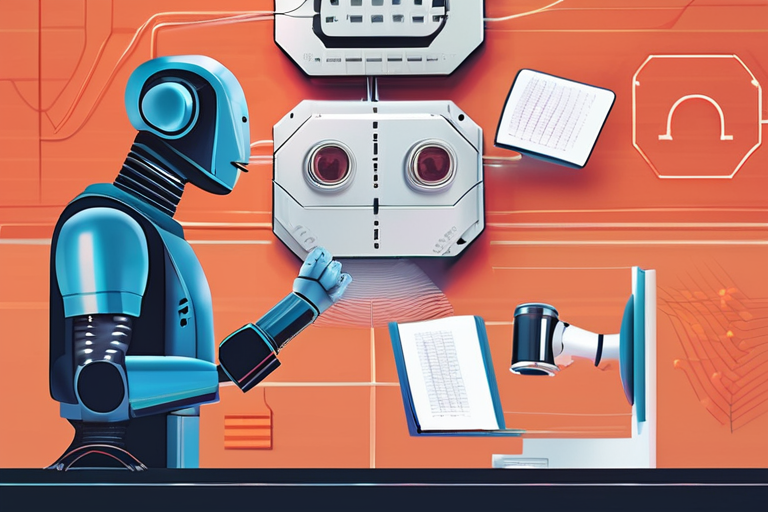

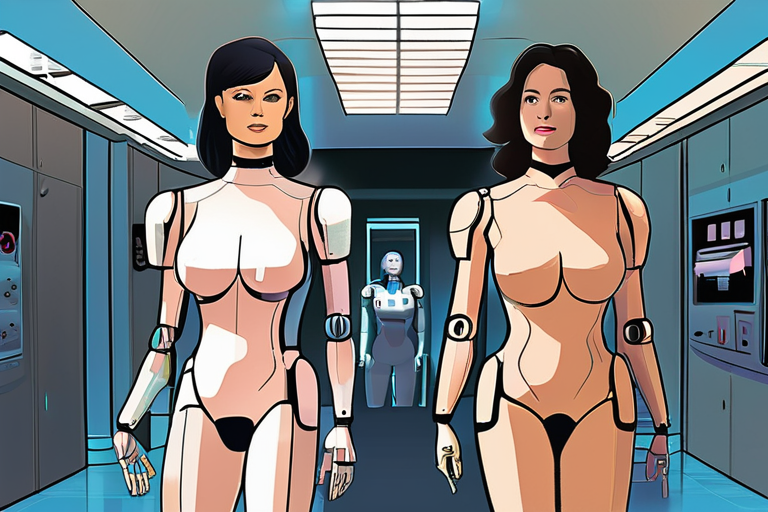
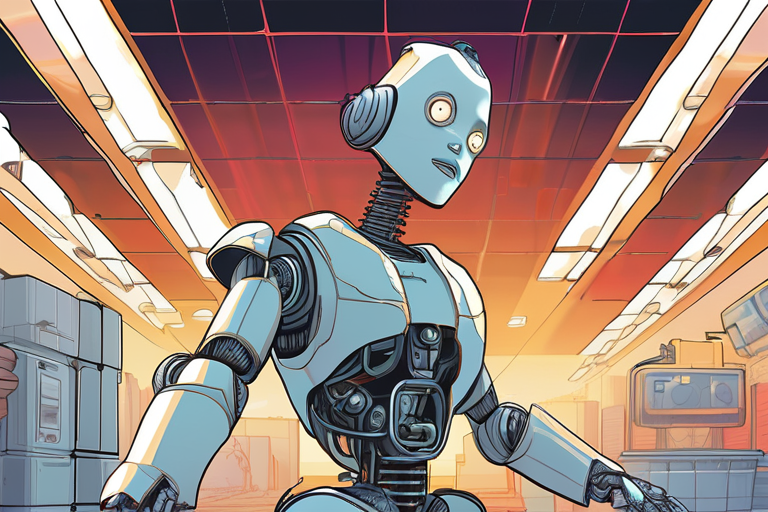
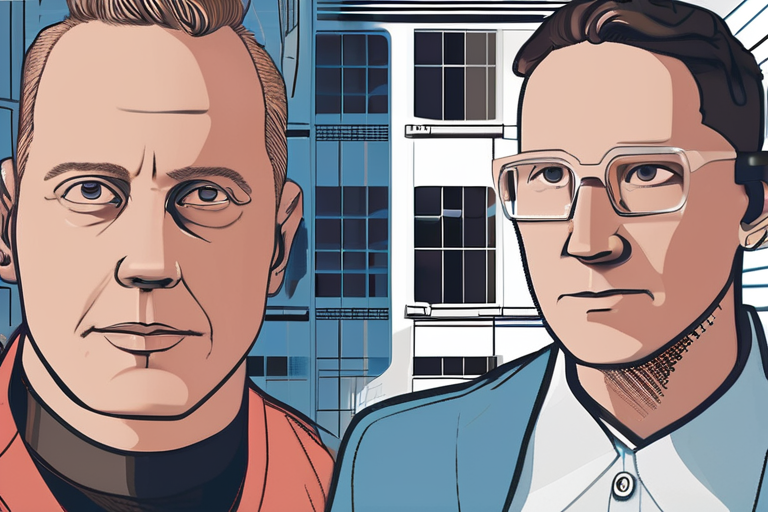
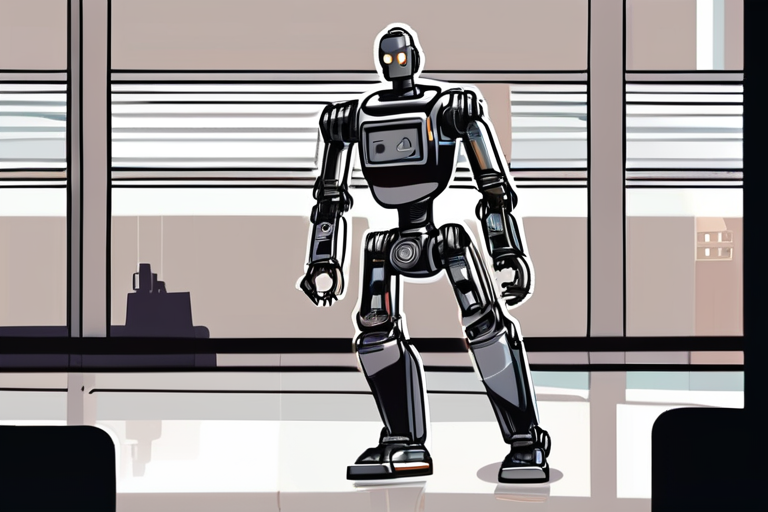
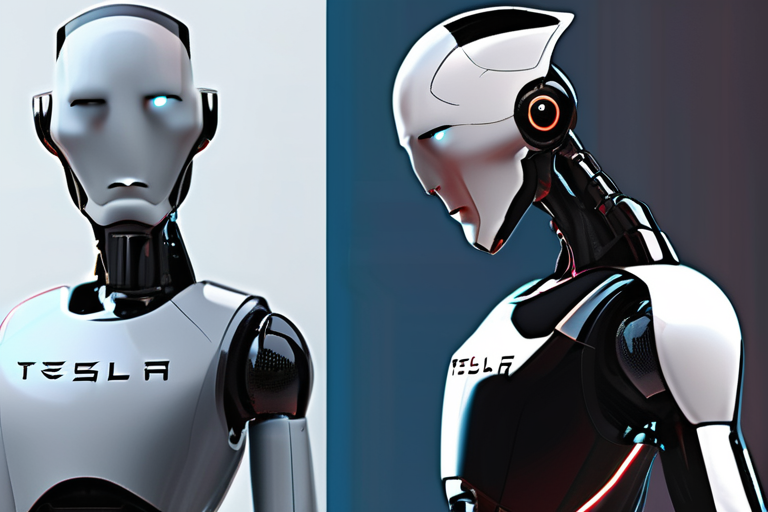
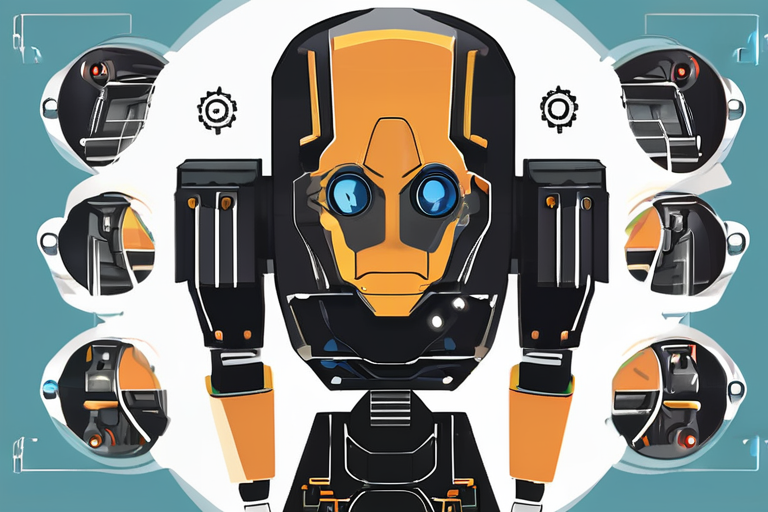
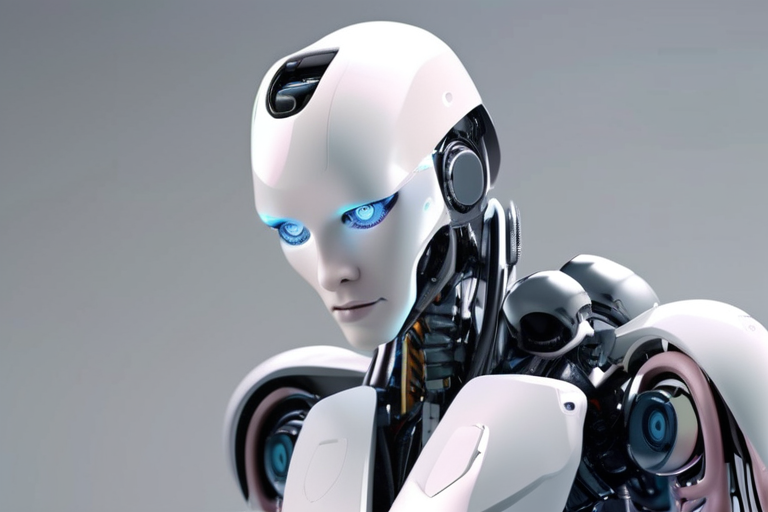
Share & Engage Share
Share this article